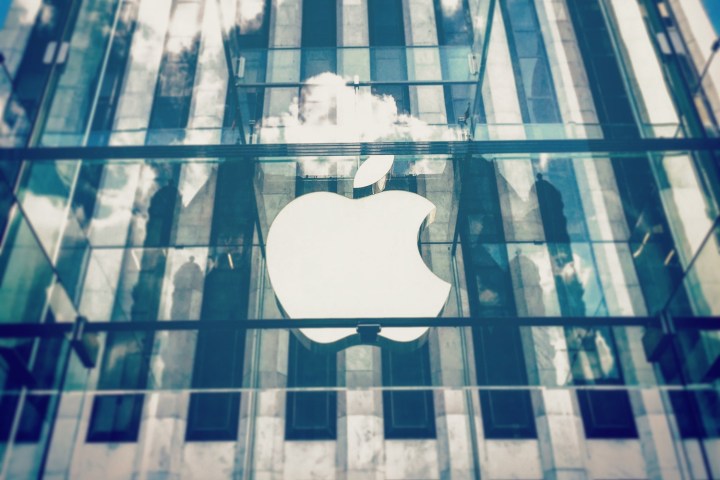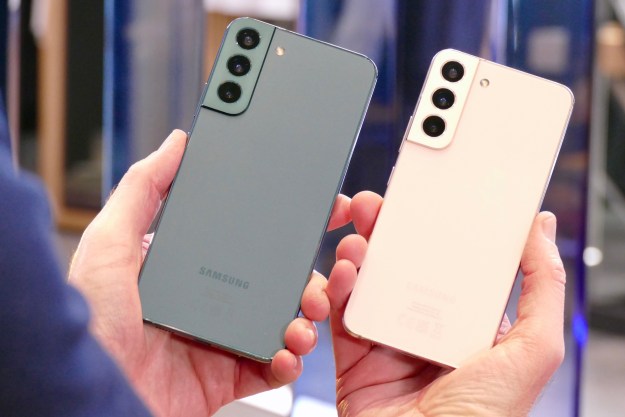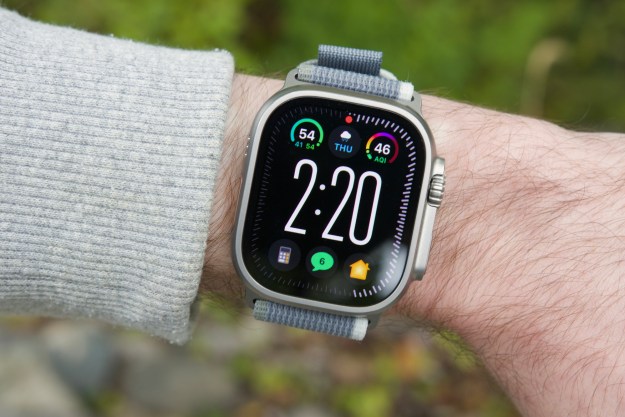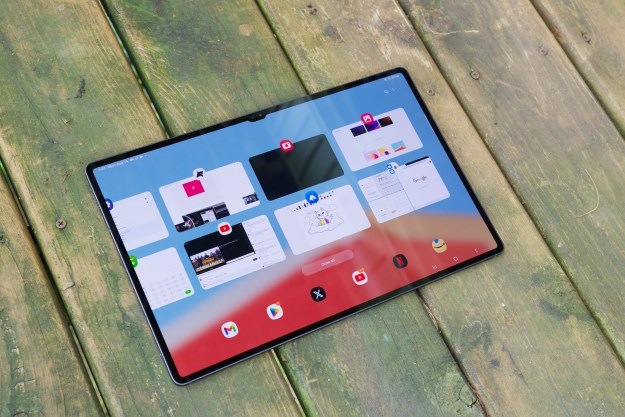
The way it worked is that when patients felt that a seizure could be coming on, they opened up the app and told the Apple Watch to record both heart rate data and accelerometer data from the Apple Watch. It also tracked gyroscope data from the iPhone for 10 minutes. During that 10 minutes, users were also prompted to test for reflex and awareness, and after the seizure had ended, patients filled out a survey about the type of seizure, loss of awareness, and what they think could have triggered the seizure.
In total almost 1,500 seizures were recorded, and the data collected could seriously help in the treatment of epilepsy patients. For example, stress was linked to a hefty 37 percent of the seizures, while sleep deprivation accounted for 18 percent. Menstruation was linked to 12 percent of the seizures, and other seizures were linked to diet and missed medications. Interestingly, despite conventional wisdom suggesting otherwise, it did not seem as though triggers and type of seizure were linked.
“The data collected will help researchers better understand epilepsy, while helping people with epilepsy keep a more complete history of their seizures,” said Gregory Krauss, MD, the author of the study, in a press release. “The app also provides helpful tracking of seizures, prescription medication use and drug side effects —activities that are important in helping people manage their condition.”
So what’s the goal? Beyond simply gaining more knowledge on epilepsy, Krauss says that eventually the team would like to develop a wearable that can predict seizures, which could both help save peoples lives and help epilepsy patients gain more freedom.
The study started in September 2015 and 598 people with epilepsy were a part of it.
Editors' Recommendations
- Logitech Circle View Doorbell is an Apple HomeKit exclusive
- 5 Best iOS 14 HomeKit features: Adaptive lighting, Live View in Apple TV, more
- Ikea’s smart blinds won’t work with Apple’s HomeKit until ‘early’ in 2020
- Arlo’s smart security cams take a bite out of Apple, finally add HomeKit support
- Moen is adding support for Siri, Apple HomeKit to its U smart shower


